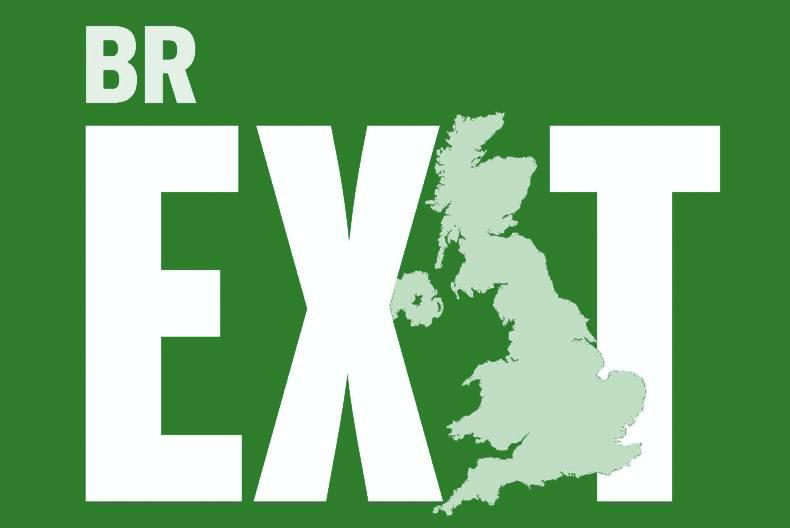The UK will go to the polls on 23 June to vote on whether they will continue as members of the EU.
The decision by British prime minister David Cameron to call a referendum was taken after discussions in Brussels with other heads of government on a concessions package for the UK to continue as members.
Cameron has recommended that voters chose to remain as members of the EU, following the package of reforms he believes he has secured. However, many of his Conservative party cabinet colleagues are unimpressed by the reforms and will be campaigning for a “no” vote, as will at least 100 members of his 324-strong parliamentary party. Early opinion polls suggest that it will be a close vote either way.
Part of the problem for the electorate in coming to a decision will be the fact that there is no scenario planning done at official level, with the Prime Minister committed to leading the yes campaign. It means that, while the case for withdrawal will be made by advocates for a no vote, it will be done in a knowledge vacuum.
In particular, the issue of migration and access to EU welfare benefits is an issue for voters, as is a believed undermining of UK sovereignty through having to defer to the EU court as a final arbiter.
Impact on Irish farmers
Without knowing what arrangements the UK might come to with the remaining EU, any assessment of impact on either Irish or British farmers can only be estimated.
Most directly impacted will be farmers in Northern Ireland who get their direct payment from Brussels, administered by the Department of Agriculture and Rural Development (DARD). Additional payments through Pillar II and the RDP are also funded by Brussels and administered by DARD.
In a Brexit situation, EU funding would cease and alternative farmer support would be drawn from central government in Westminster, probably administered by the NI Executive as part of the block grant.
Nobody can predict how much priority would be given to farmer payments in this scenario as, even though the UK pays twice as much into the EU as it receives back, CAP payments to farmers are ring-fenced. In a post-EU situation, farming would compete with other government departments for its share of the budget.
Listen to Phelim O'Neill's analysis of the Brexit scenario in our podcast below:
South of the border, there will be no direct impact but arguably the indirect impact could be even greater. Britain is the main export destination for the Irish agri-food industry and the best-case scenario for doing this business is a common market, as is the present arrangement, with both Ireland and the UK being members of the EU.
Anything else will bring an additional cost of doing business, estimated by Professor Matthews of Trinity College at a recent conference as 5%. A further consideration is what global trade deals the UK might enter into, unencumbered by wider EU interests.
It is easily foreseeable that the Transatlantic Trade and Investment Partnership (TTIP) with the USA and even Mercosur with South American countries would happen – and possibly on less favourable terms for agriculture, beef in particular. While UK farmers would be protected by the Red Tractor branding, their Irish counterparts would be seriously exposed, with real competition as preferred second supplier.






 This is a subscriber-only article
This is a subscriber-only article










SHARING OPTIONS: